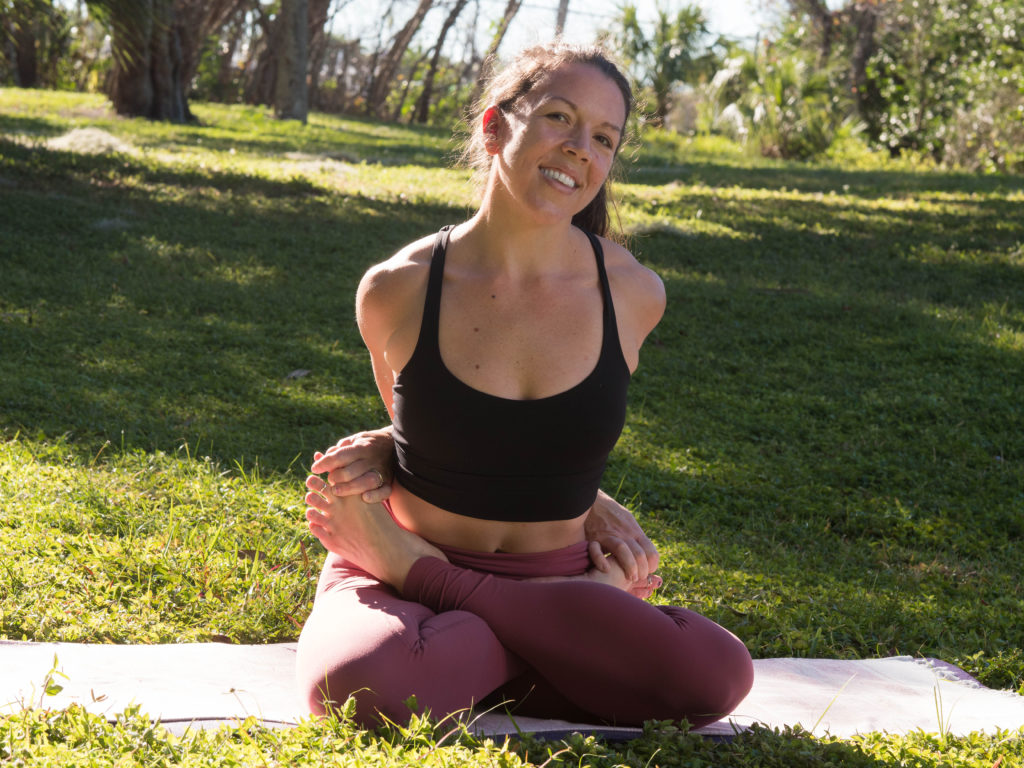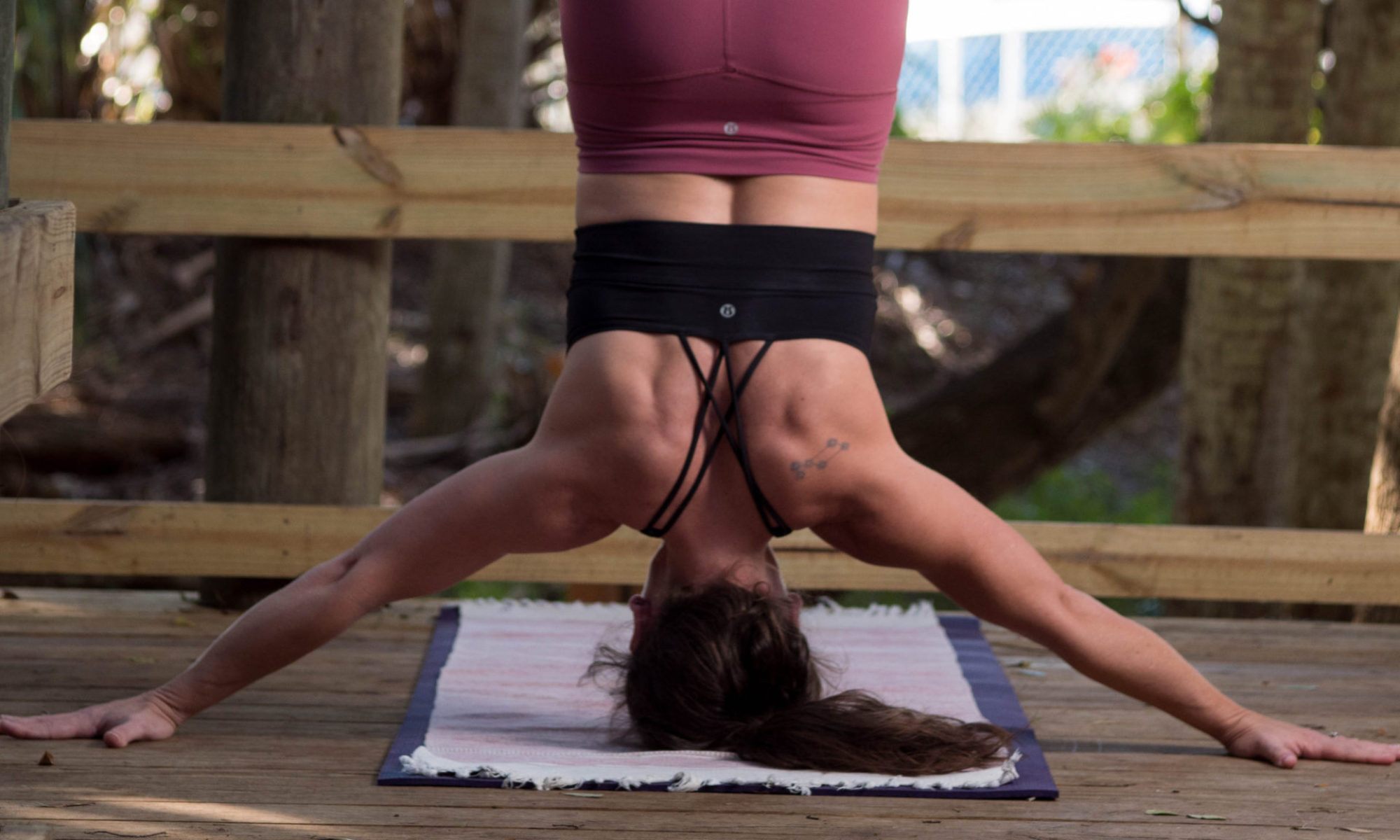The third Yama, asteya, is a practice of non-stealing. Patañjali next calls upon the yogi to deepen their discipline by incorporating the practice of asteya into their life. As it was with truthfulness, this practice must first be rooted in the previous practice of non-violence. All acts, thoughts, and speech must be rooted in non-violence.
So, what is Patañjali asking of us? The concept of not stealing is not new, most of us learn at a very young age that stealing is wrong and will result in some form of punishment. So, maybe the yogi is being called to expand their understanding of what it is to steal to include more subtler practices of non-stealing. With a firmly rooted practice of non-violence and truthfulness the aspirant might find their exploration of non-stealing to expand and include ideas about how our behavior in relationships, and our exchange of time, energy, thoughts, feelings, trust, generosity, etc.
As a human, we can all have moments of inadequacy, fear, doubt, pain, judgment, etc. and it is quite easy to forget that all humans have these same feelings. Have you ever had a moment of feeling panic or doubt about a situation and then were surprised to learn someone you viewed as ‘so confident’ was also feeling similar threads of doubt and worry? With time, we might find the practice of non-stealing expands and reveals moments when we might not be recognizing the interconnectedness of existence, or the humanity and similarities within each of us.
What about our global resources, are there ways we can alter our daily practices to be sure these global resources are available to all?
For your journaling practice today, explore your definition of stealing and see if there are ways to deepen your understanding of this concept into subtler layers of meaning.
How do you define stealing? Does the concept of non-stealing expand to include more than simply taking an item, which isn’t yours?
How can the practice of Asteya deepen our posture practice?
Currently, we’re exploring each of these Yamas (mahāvrata) as well as the Niyamas and trying to understand how we can start to integrate the lessons of these guidelines in our posture practice and our daily lives. Share how you’re experiencing and practicing truthfulness today and everyday with our Ashtanga community and read what others are learning by following #yogafoundationschallenge on IG.
Through the lens of our practice, we can start to view our patterns and reactions as a means to known them and adapt/change them as needed. I encourage you to practice with extra care over the next few weeks and journal about your experience on and off the mat. This will give you an additional tool to process the ideas and concepts we’ll explore throughout the challenge.
Tag @bellapranayoga in each entry along with #yogafoundationschallenge and #bellapranaashtanga to be entered in a drawing to win:
- Mysore Practice Rug
- Yogi Assignment by Kino MacGregor
- 4 oz bottle of Mahanarayan Oil
- PLUS 10% off workshops with Ajay Tokas in July 2020
See the daily schedule below and follow the tag #yogafoundationschallenge on Instagram to hear experiences from our community as well as share your own. Now, you take practice 🙂
- Thursday, January 30 – Brahmacarya – celibacy and what it means for the yogi
- Friday, January 31 – Aparigraha – non-grasping, feeling the difference between holding and grasping
- Saturday, February 1 – Śauca – cleanliness and why it’s so important on our spiritual journey
- Sunday, February 2 – Saṃtoṣa – contentment, feeling joy everywhere
- Monday, February 3 – Tapas – self-discipline as a path toward freedom
- Tuesday, February 4 – Svādhyāya- self-study, repetition of mantras and calming the mind
- Wednesday, February 5 – Īśvara Praṇidhāna – connection to the unknown

